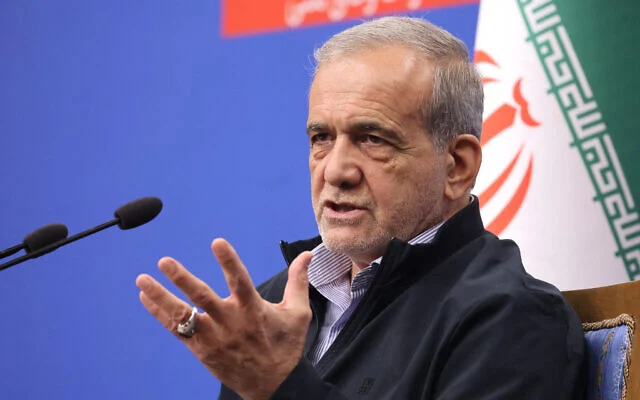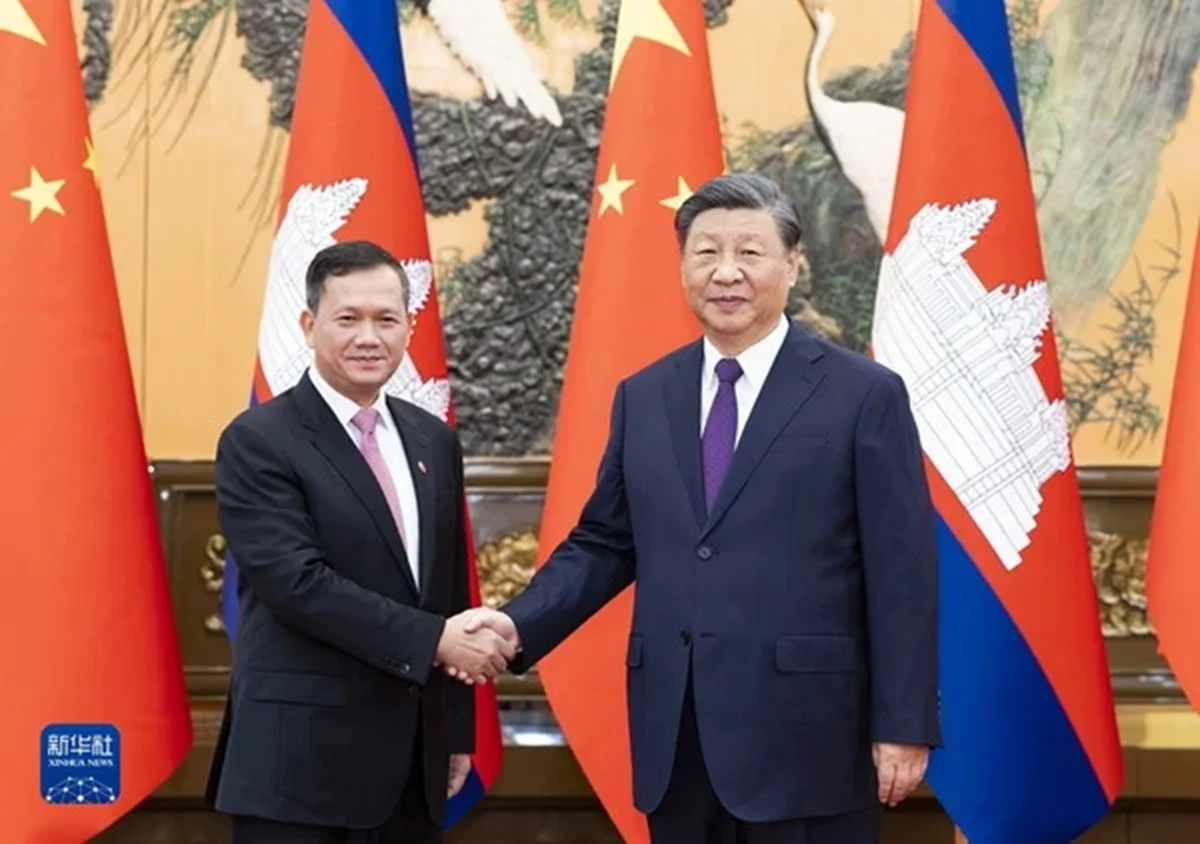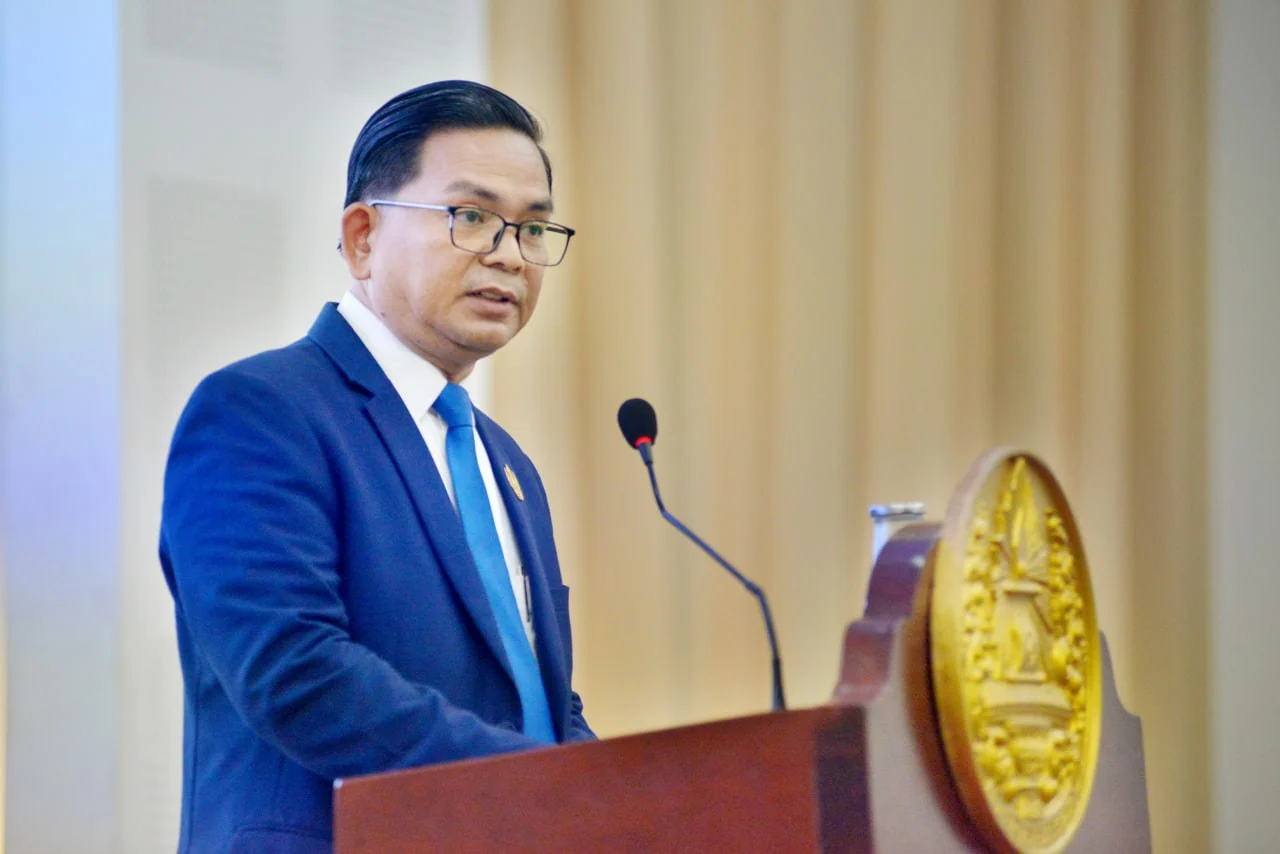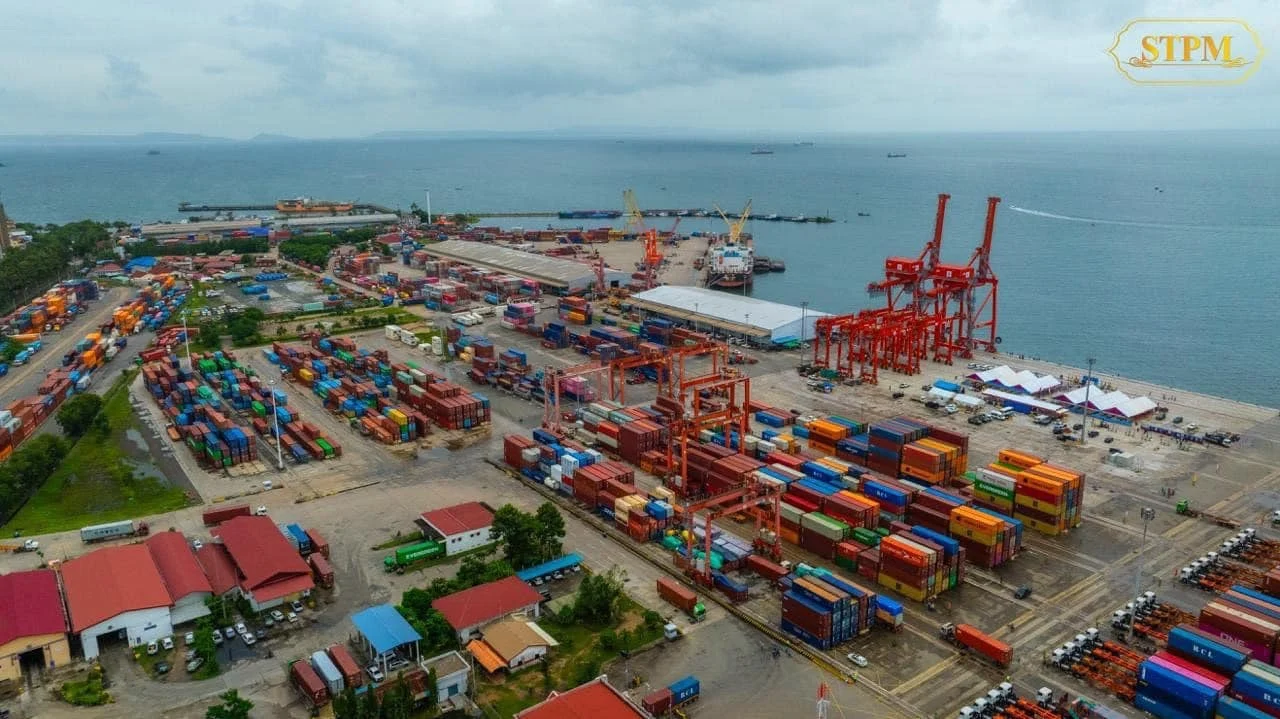Iranian President Masoud Pezeshkian signed a new law on July 2, officially suspending the country’s cooperation with the International Atomic Energy Agency (IAEA). This significant move intensifies an already strained relationship, coming amidst a growing controversy surrounding recent statements made by the IAEA Director General regarding the quantity of uranium within Iran’s nuclear program.
Relations between Iran and the UN nuclear watchdog have been steadily deteriorating for some time. A pivotal moment occurred on June 12 when the IAEA approved a resolution accusing Iran of “non-compliance with its nuclear obligations.” Tehran vehemently criticized the IAEA’s stance, labeling its response as both “baseless and irrational,” particularly in the context of alleged Israeli and US attacks on Iranian nuclear facilities.
President Pezeshkian further asserted that IAEA Director General Rafael Grossi has demonstrated a lack of neutrality in his handling of Iran’s nuclear activities, despite Iran’s historical cooperation with the agency. This perceived bias has been deemed unacceptable by Iran, leading Foreign Minister Abbas Araghchi to recently declare Grossi an unwelcome person in the country.
In an interview on June 28, Director General Grossi had projected that Iran could be capable of producing enriched uranium “in a few months,” even in the wake of reported US and Israeli airstrikes that caused significant damage. He also acknowledged that the IAEA currently lacks information regarding the precise location of Iran’s 60% enriched uranium, a fact he admitted would become increasingly problematic for the agency.
Responding to these developments and escalating tensions, Deputy Speaker of the Iranian Parliament Hamid Reza Haji Babaei announced on June 28 that Tehran would prohibit Director General Grossi from inspecting nuclear equipment or installing new surveillance cameras. This decision follows Iran’s claim that sensitive information concerning equipment once under IAEA control was unlawfully leaked through an Israeli document, further fueling mistrust and contributing to the dramatic suspension of cooperation.






